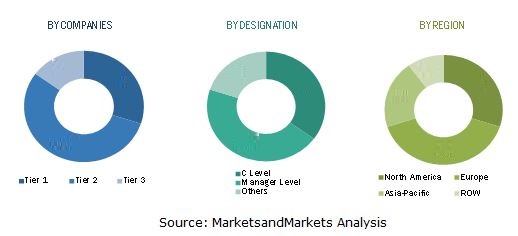DIY home automation market refers to automation of home environment by means of various sensors and accessories along with a controller that can be installed without the help of any professional installer. The system is capable of controlling electronic, electrical, and security appliances from a single interface. The various security control products such as smoke detectors, security cameras, and garage door sensors have huge demand in the market. Increasing number of rented households along with rising crime rates are probable reason for the huge demand for DIY security & access control products. Moreover, DIY products are proving to be a cost-effective home automation solution for the target audience.
Safety & security, connectivity, and convenience are the major factors that decide the acceptance of DIY home automation systems. These systems are more convenient than the existing manual systems as these systems can automate the household tasks and ultimately save human effort and time. The DIY automated home not only performs the basic functions such as turning off lights, dimming lights, closing curtains, door control, temperature and media control, but are also capable of performing some complex functions as well; such as, automatically lighting up exit routes in the event of a fire alarm, remote monitoring & emergency alert services.
As DIY home automation is becoming more common, the endpoint devices, software, and other hardware required to automate the home’s various systems are becoming more cost effective and user-friendly, making it self-installable. Also, most of the DIY home automation systems are wireless, hence it becomes easy for the homeowners to install the system themselves. DIY home automation has a simple pricing model; the systems are more expensive when they are more complex. DIY home automation systems also makes it easy to add devices one at a time. This is the best way to spread out the cost of DIY home automation systems.
The companies operating in the DIY home automation market are Nest Labs, Inc. (U.S.), Smartlabs, Inc. (U.S.), Nortek, Inc. (U.S.), Ingersoll-Rand Plc. (Ireland), Belkin International, Inc. (U.S.), Wink (U.S.), iSmartAlarm (U.S.), Mi Casa Verde, Inc. (Japan), Lowe’s Iris (U.S.), iControl Networks (U.S.), and SmartThings, Inc. (U.S.) among others.



